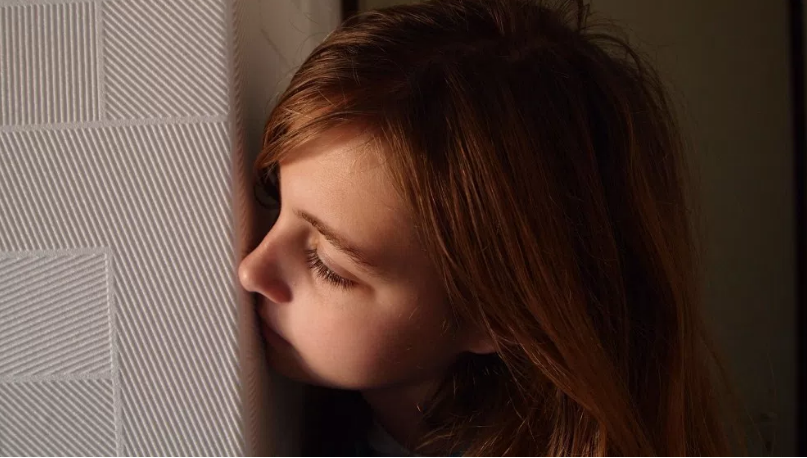Yesterday my eight-year-old tiptoed into my room and said in her smallest voice, “Mum, I’ve been too scared to tell you this…”
She had my attention.
It turns out that a little girl from up the road stole some of Georgia’s pocket money when she was helping her count it out. She just grabbed a fiver and ran home. Georgia asked for it back the next time the girl came over, but she said she had spent it already and couldn’t pay her back.
“I didn’t want to tell you, Mum, because I didn’t want to be a dobber. And I thought she would give it back. But it was last week, and she still hasn’t.”
I wasn’t sure how to respond.
We have a pretty open-door policy at our place. Kids from the neighbourhood drift in and out; they know they are welcome in our home, can eat our snacks and play with our toys. (The rules are stricter for my kids; they are only allowed in front yards, with the exception of our adopted family across the road.)
I want to be a safe home for kids. I want to have a warm home that feels like acceptance and security, not just for my family, but for others who need it too.
I know who I want to be and what values I want my children to have. But I don’t always know how to work that out practically in every day situations.
We decided that the next time the little girl came over, I would ask her to return the money.
The next time was this afternoon.
She knocked on the door and asked if she could play with the girls.
“Yeh, you can,” I said. “But I do need to talk to you…”
She was small, and her eyes were big. I tried my gentlest voice: “Georgia says you took some money from her. I’d like you to go home and get it so you can give it back.”
“Oh yeh. I did take it.” She said.
Then she paused, and her eyes welled with tears.
“I don’t have enough to pay her back.” She said.
I paused. I didn’t want to frighten her. It was only five dollars.
“Did you spend it?”
She nodded, looking at the ground.
“I think maybe you should go home and tell Mum what you did, and ask her to give you the money so you can pay George back.”
Then she lifted her head, looked me in the eye and said, “I already told my mum I took it. My mum told me just to spend it.”
Huh.
I didn’t expect that. I wasn’t sure whether to believe her. It didn’t sound like something a mum would say.
Her little face had changed. It had taken on a look of stubborn defiance.
I felt bad for bailing up a six-year-old. I was about to tell her not to worry about it, and that she could come in when she said, “I already paid Georgia back. I gave her coins. I didn’t give her a note, but I gave her some of my money.”
She had gone from timid to angry in a flash.
Georgia was standing behind me listening, and at that point, she burst into tears.
“That’s not true!” she cried. I believed her. I can tell when she is lying and she was not lying.
I told the little girl that maybe today wasn’t a good day to play.
I shut the door.
And then I felt a little bit sick. Had I done the wrong thing? Where was my grace for a little girl who’d made a mistake? I wanted to go over to her house, and tell her not to worry about it, come over and play. But would that just make it worse?
And then there was Georgia, sobbing in the hallway, saying, “she lied, Mum! She did not pay me back!”
Did I expect Georgia to just suck it up and invite her in? Did I want George to think that she had to swallow her hurt and pretend that everything was fine when it wasn’t? Would that be teaching my child to have poor boundaries? (Or was it turning the other cheek?)
I told the girls I didn’t feel right. I said it felt mean to close the door on her.
“Mum, she stole Georgia’s money, and then she lied. We didn’t have to invite her in to play today,” reasoned Nicky.
I talked with Georgia about forgiveness, and how she could forgive her friend for stealing and lying, even if her friend didn’t say sorry. We talked about how you can forgive someone, but that doesn’t mean you have to allow them to hurt you again and again.
I asked her if she felt like forgiving the neighbour.
She said, “probably, Mum. But not today…”
You know those ‘pick a path’ books? You read for a bit, and then there’s a choice to make. You can turn to page 17 if you think the character should go through the hidden door, for instance, or turn to page 34 if they should turn and run? Sometimes I feel like parenting is one giant pick-a-path book. I don’t know how to react in every situation. I just make the best choice I can and hope it keeps the adventure going in a positive direction.


